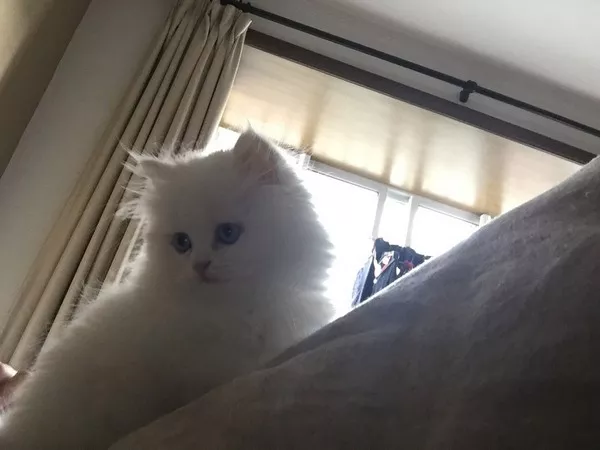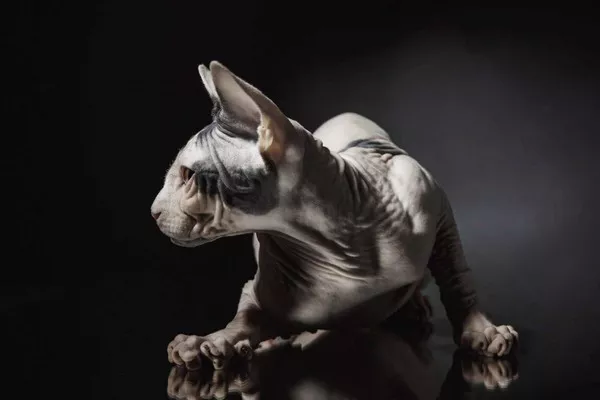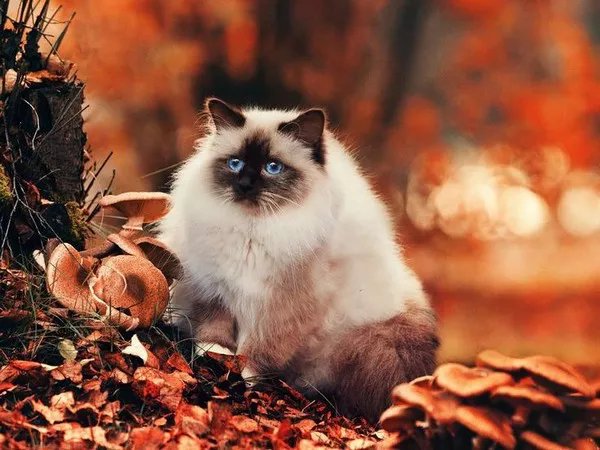Cat owners understand the distress that comes with a feline companion experiencing digestive issues, particularly diarrhea. While various factors can contribute to this gastrointestinal upset, selecting the right cat food plays a pivotal role in managing and alleviating diarrhea symptoms. This article aims to provide comprehensive insights into understanding the causes of cat diarrhea and guiding cat owners in choosing the most suitable cat food to promote digestive health.
Unraveling the Causes of Cat Diarrhea
Before delving into dietary solutions, it’s essential to grasp the potential causes of cat diarrhea. Common triggers include:
Dietary Changes: Abrupt changes in a cat’s diet can lead to digestive upset. Gradual transitions are key.
Food Intolerance: Cats may develop sensitivities or intolerances to certain ingredients in their food.
Parasites or Infections: Internal parasites or infections can disrupt the digestive system, causing diarrhea.
Underlying Health Issues: Conditions such as inflammatory bowel disease (IBD) or pancreatic disorders can contribute to chronic diarrhea.
See Also: Why Your Kitten Has Diarrhea & When to See the Vet
Selecting the Right Cat Food
Choosing the appropriate cat food for diarrhea involves considering specific dietary factors that can aid in managing and preventing further episodes. Here are crucial aspects to prioritize:
1. Digestible Protein Sources
Opt for cat foods that incorporate easily digestible protein sources. Chicken and turkey are examples of lean, digestible proteins that are gentle on the stomach. Avoiding overly rich or fatty meats can prevent exacerbating digestive issues.
2. Limited Ingredient Formulas
For cats with known food sensitivities or allergies, exploring limited ingredient formulas can be beneficial. These formulas simplify the cat’s diet, reducing the likelihood of triggering adverse reactions.
3. High-Quality, Easily Digestible Carbohydrates
Incorporate high-quality, easily digestible carbohydrates such as rice or sweet potatoes. These provide a source of energy without overwhelming the digestive system. Complex carbohydrates can aid in firming up stools.
4. Probiotics for Gut Health
Probiotics are beneficial bacteria that support a healthy gut microbiome. Select cat foods that include probiotics to promote digestive balance. These can help in cases where diarrhea is a result of an imbalance in the cat’s gut flora.
5. Avoidance of Common Allergens
Identify and eliminate common allergens from your cat’s diet. Dairy, wheat, and artificial additives are potential triggers for digestive issues. Opt for cat foods free from these ingredients to reduce the risk of exacerbating diarrhea.
6. Hydration Support
Diarrhea can lead to dehydration, making it crucial to ensure your cat stays well-hydrated. Wet or canned cat food contains higher moisture content than dry kibble, aiding in hydration. Additionally, providing access to fresh water is essential.
Transitioning to a New Diet
Introducing a new diet to address cat diarrhea requires a gradual transition to avoid further digestive upset. Follow these steps:
Mixing Foods: Begin by mixing a small amount of the new cat food with your cat’s current food. Gradually increase the proportion of the new food over several days.
Observation: Monitor your cat’s response to the new diet. Pay attention to stool consistency, energy levels, and overall well-being.
Adjusting Portions: Once your cat has successfully transitioned, adjust portion sizes based on their weight, age, and activity level. Consult with your veterinarian for personalized feeding recommendations.
Consulting with a Veterinarian
While selecting an appropriate cat food is crucial, consulting with a veterinarian is paramount, especially if diarrhea persists or is accompanied by other concerning symptoms. A veterinarian can conduct thorough examinations, perform diagnostic tests, and offer tailored guidance based on your cat’s unique health needs.
Conclusion
Effectively managing cat diarrhea involves a holistic approach that includes selecting the right cat food, gradual transitions, and ongoing monitoring. Prioritizing easily digestible proteins, limited ingredient formulas, and gut-friendly additives can contribute to digestive health. However, each cat is unique, and consulting with a veterinarian ensures a comprehensive understanding of your cat’s specific requirements. By taking a proactive and informed approach to your cat’s nutrition, you contribute to their overall well-being and happiness.


























